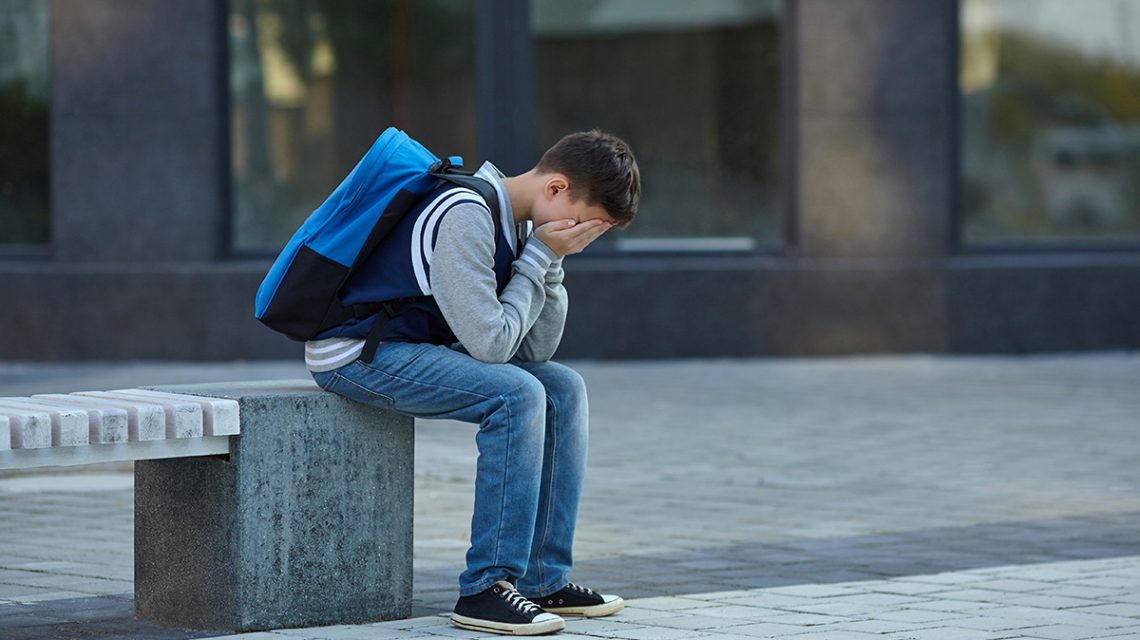Everyone has experienced shame at least once in their life. Perhaps you remember being victimized by childhood bullies who taunted you with an embarrassing nickname. Or, maybe a friend or colleague caught you lying about something. In any case, you can probably recall in minute detail how small and inadequate those experiences made you feel.
Shame is a universal emotion that can play a significant role in mental health and behavior. Adolescents, in particular, tend to feel shame more acutely than adults do. As a result, they’re more vulnerable to its adverse effects, such as low self-esteem and depression. If your child is in this emotionally challenging phase of life, it’s essential to learn more about the shame cycle and how it affects teens.
Why Do We Feel Shame?
Researchers have yet to pinpoint the evolutionary purpose of shame and guilt, but prevailing wisdom suggests that these intertwined emotions play a role in defining acceptable behaviors and helping maintain a defined hierarchy in animals who live together in social groups. When a pack member violates agreed-upon norms, they feel ashamed of themselves.
Teenagers are still growing, developing and learning where they fit into the world. On top of this instability, adults such as parents, teachers and coaches expect adolescents to conform to strict rules. Uncertainty surrounding how to manage these external expectations may make teens more likely to feel shame after they make a mistake, no matter how minor.
Adolescents and the Shame Cycle
One issue of specific concern is the link between shame and mental health. Shame is such a powerful emotion that it can reshape an adolescent’s outlook on life, turning a formerly happy, friendly and optimistic child into a moody, anxious teen.
In a 2009 study, Canadian researchers Sera De Rubeis and Tom Hollenstein looked specifically at shame’s effects on depressive symptoms in adolescents. The study’s subjects included approximately 140 volunteers between 11 and 16 and found that teenagers who exhibited a higher propensity for shame were also more likely to have symptoms of depression.
Shame can also make a teen turn inward, becoming withdrawn and isolated. People who are ashamed may struggle to make friends or maintain healthy relationships. Adolescents living with the burden of shame believe they are worthless, so they often begin to treat themselves as such by engaging in substance abuse, self-harm and other behaviors they know are detrimental to their well-being.
Teen Treatment for Shame
It’s possible to break the shame cycle with therapy that helps address the underlying causes of shame and self-loathing. For example, group therapy provides a safe space where teens can learn to be vulnerable in front of others and give voice to their innermost feelings. Working with a mental health professional can also allow teens to experience self-compassion, a practice that often falls by the wayside when shame starts to take over. Adventure therapy teaches teens about the benefits of trusting others and taking risks without fear of judgment.
At ARCH Academy, we offer substance abuse and dual-diagnosis treatment for young men aged 14 through 18. In this critical phase of life, it’s essential for adolescent boys to learn the skills necessary to manage substance use and co-occurring mental health disorders so they can have a brighter, healthier future. If you’re ready to learn more, reach out to us today.




